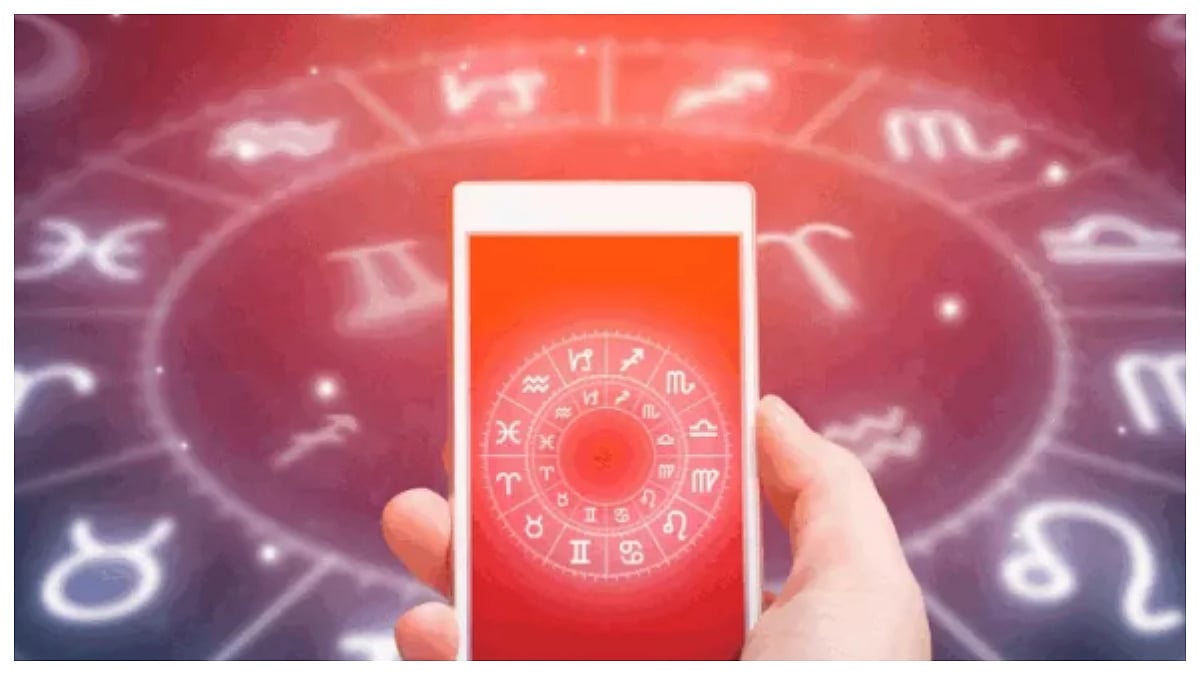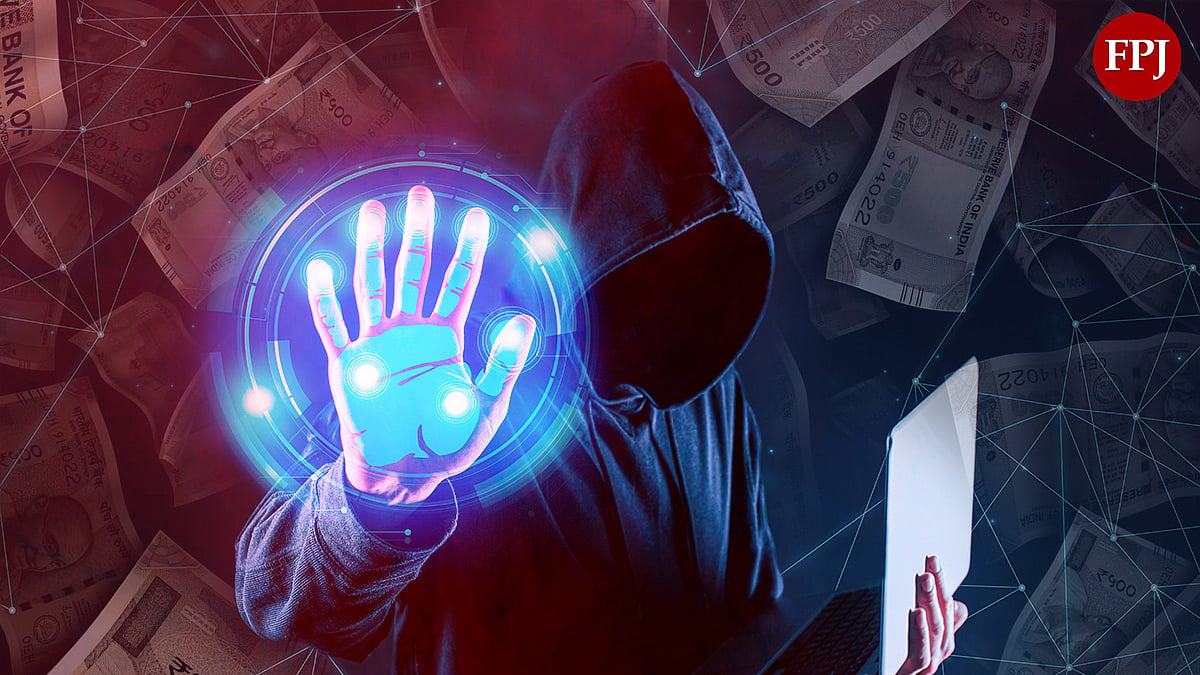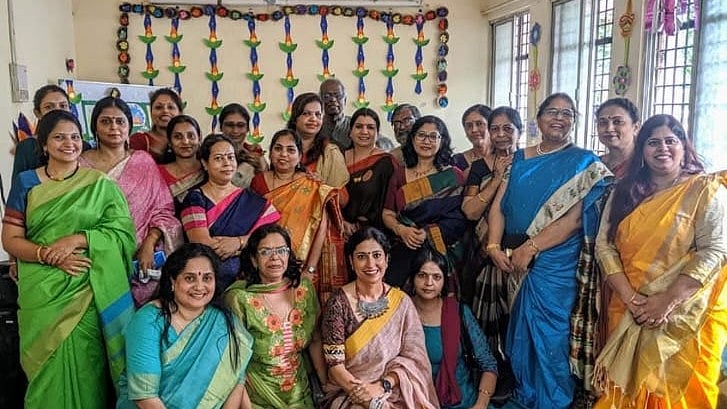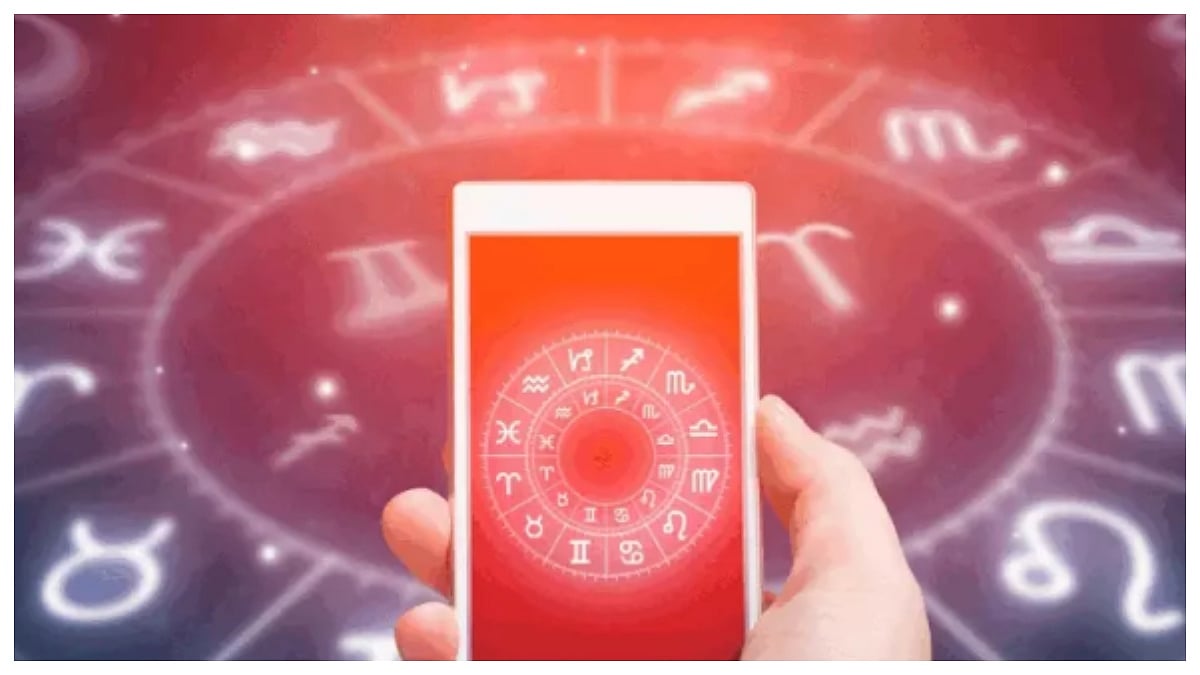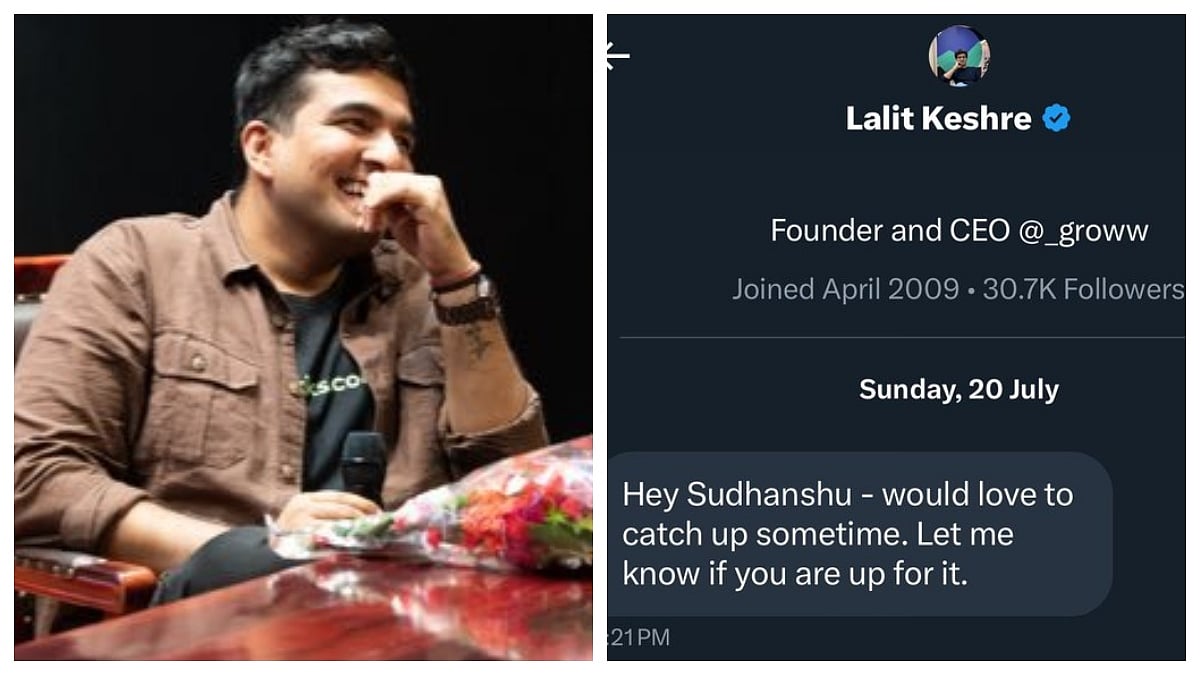Mumbai: India’s astrology market is booming. RedSeer Strategy Consultants say it’s already crossed Rs 60,000 crore, and it’s only getting bigger—by 2030, expect it to be ten times what it is now, especially online. It’s not just in India, either. In the U.S., the online astrology business is worth almost USD 3 billion, and it’s on track to triple in just five years, according to Allied Market Research.
Astrology isn’t just about marriage matches or career questions anymore. It’s crept into the world of finance. Some traders, like XYZ, actually use planetary movements alongside market data to make their calls. XYZ claims he’s seen up to 90x returns—pretty wild stuff. He even sells 'astro-trading' dashboards for USD 500 a month, promising insights into which sectors to watch, when to buy, when to sell. Even big TV channels like CNBC Awaaz and ET Now now bring astrologers on for their market forecasts.
Why are astrology apps exploding right now?
It’s mostly young people driving this wave. Take AstroTalk—84 percent of its 70 million users are under 35. The mix of convenience, low cost, and AI-powered readings make astrology super accessible. AI churns out fast, custom readings, which can feel comforting if you’re anxious about work or relationships.
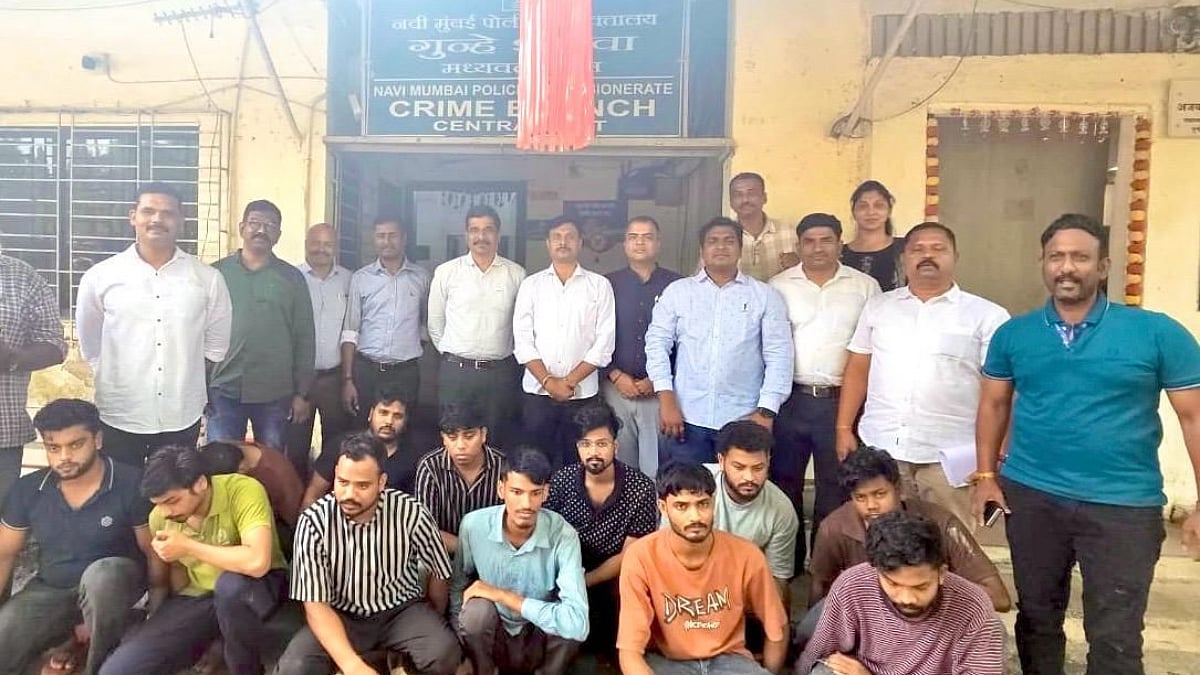
But there’s a dark side to all this growth. The online boom has brought in scammers, too. Some cybercriminals pretend to be astrologers. They lure people in with free consultations, then insist on payments for 'rituals' or remedies. Next thing you know, victims are clicking fake links and watching their bank accounts empty out. The Indian Cyber Crime Coordination Centre has already put out an alert—people in emotional distress are easy prey.

So, how do you stay safe? Authorities keep it simple: don’t share personal or banking info, steer clear of sketchy links or apps, and never give out OTPs. Real astrologers won’t ask for that stuff. At the end of the day, staying aware is your best weapon, especially as cyber scams keep evolving.
